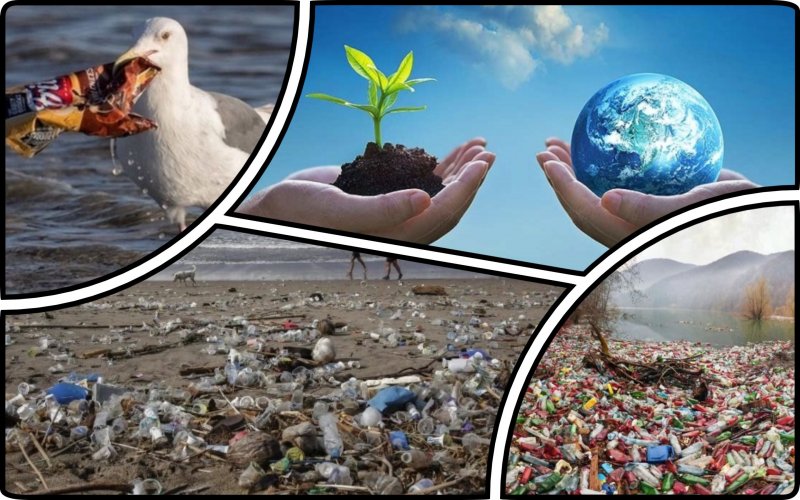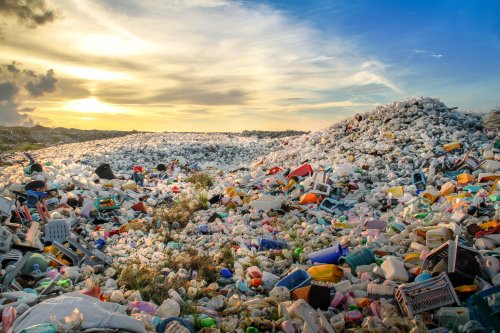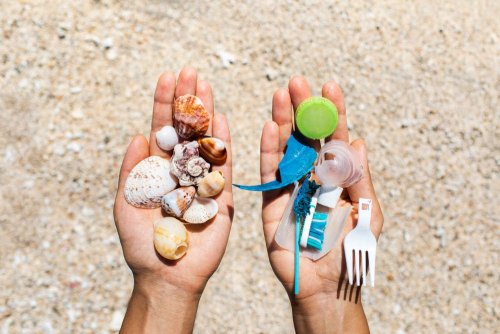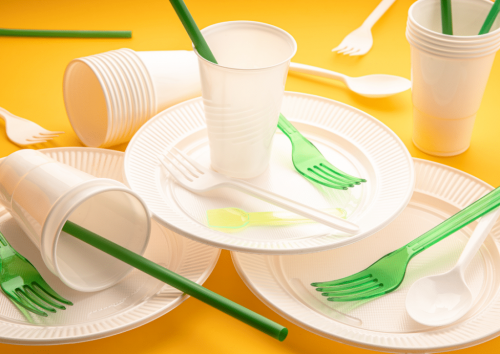On Monday, June 5, the world celebrates the fiftieth Environment Day, which in 2023 is dedicated to the problem of plastic pollution.
EcoPolitic has prepared for its readers interesting facts about this day and tips on how to celebrate it.
History of Environment Day
The concept of World Environment Day was initiated at the United Nations Conference on the Human Environment, held in Stockholm, Sweden, from June 5 to 16, 1972. During this conference, delegates discussed various environmental issues and challenges facing the world.
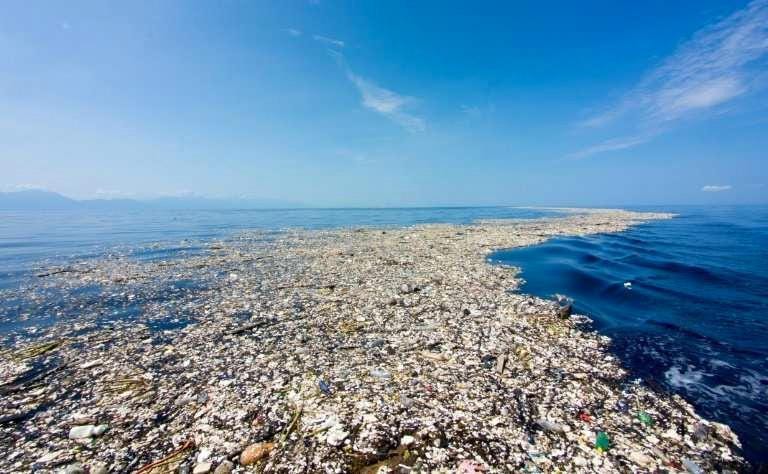
On June 5 that the UN General Assembly declared World Environment Day to mark the beginning of global environmental awareness and action. Since then, World Environment Day has been celebrated every year with a different theme. The first World Environment Day was celebrated in 1973 under the slogan "There is only one Earth."
Plastic pollution has taken over the whole world
The world suffers from plastic pollution, which has reached both the depths of the world's oceans and mountain tops. Plastic does not decompose in nature, but only breaks down into small particles of microplastic. They are so small that they enter the blood and even the human brain, our plant and animal food.
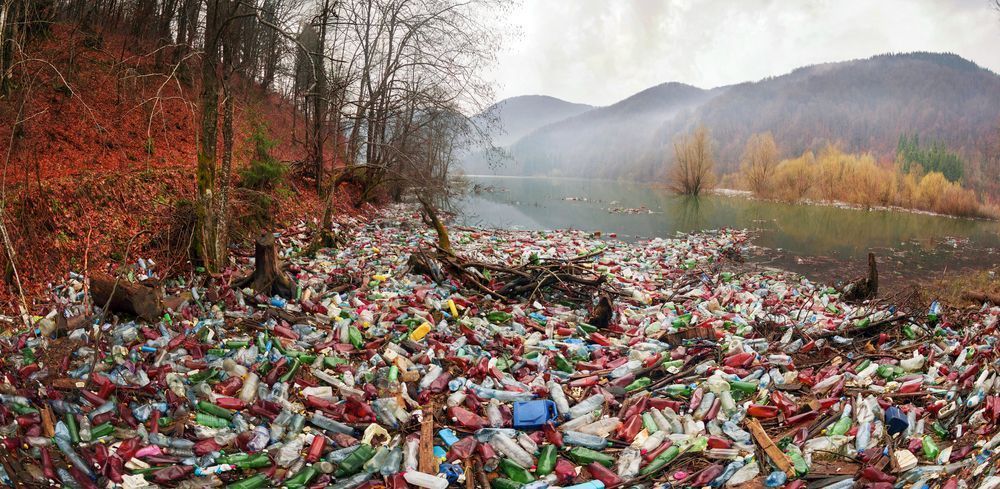
Currently, the world produces 430 million tons of plastic per year, two-thirds of which is a non-durable product that soon becomes waste and cannot be recycled. Production is planned to triple by 2060. In addition, even plastic that can be recycled does not always become recyclable. Such waste often ends up in landfills, including illegal ones, and pollutes land and water.
Thus, the largest garbage patch in the Pacific Ocean ranges from 700,000 to 1.5 million km2. There are probably about 1.8 trillion pieces of plastic in the patch, weighing about 80,000 tons.
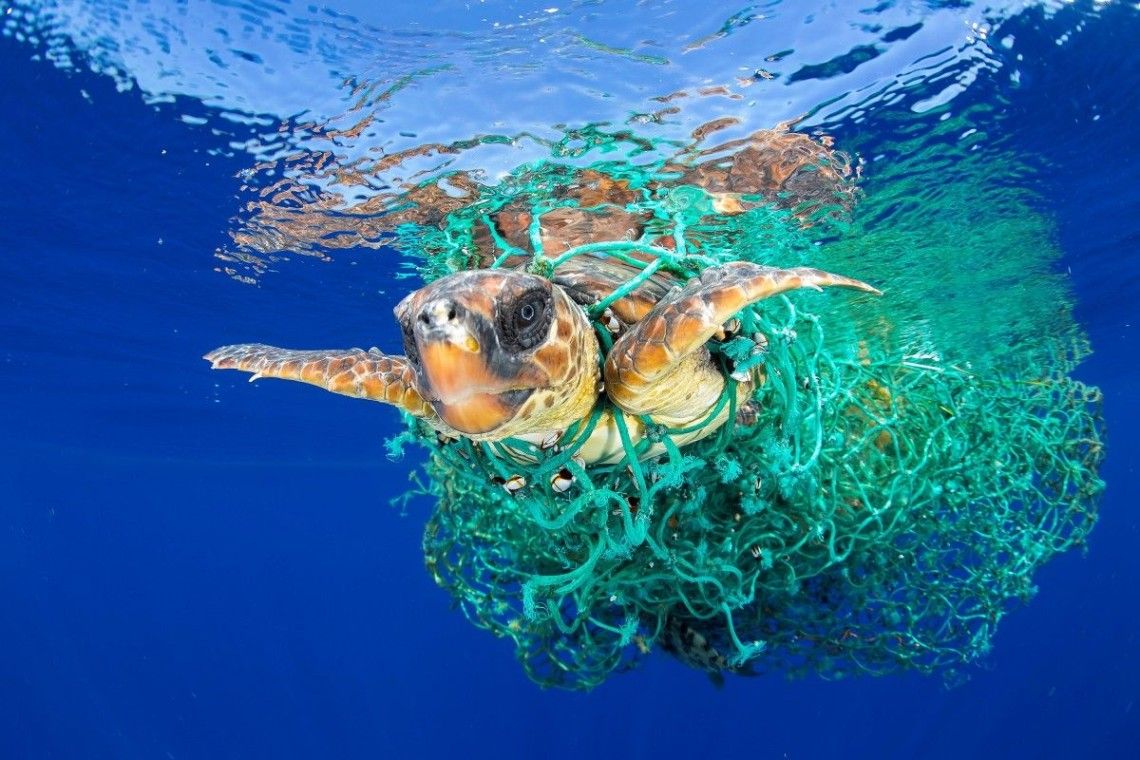
Plastic pollution not only destroys living creatures and provokes fatal diseases in them, but also promotes the emergence of antibiotic-resistant bacteria.
In addition to the impact on living nature, plastic and oil form a specific pollution of geological rocks.
How to get involved in World Environment Day
On this day, you can join environmental initiatives, for example:
- visit an eco-walk;
- give up plastic at least for a day;
- participate in cleaning;
- reduce the impact on the environment, in particular, save water and energy resources;
- take the garbage for recycling;
- tell loved ones about the importance of protecting the environment and the negative impact of plastic.
It is worth noting that plastic recycling is still one of the most important ways to fight pollution and save the planet's resources. After all, it allows not to use new volumes of oil for the production of new plastic.
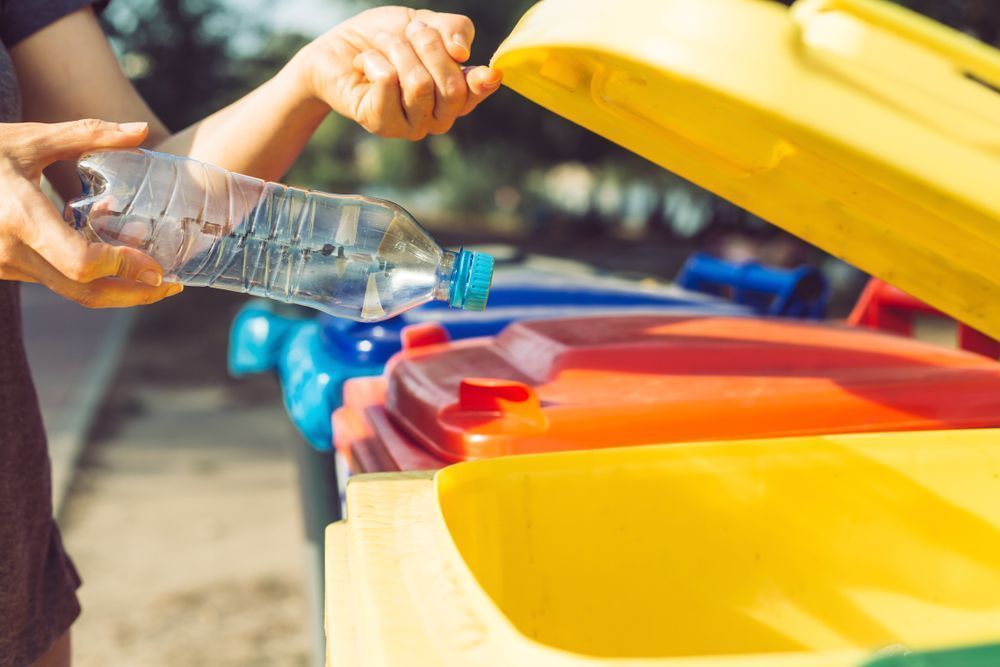
Currently, a number of countries are fighting the plastic accumulation thanks to the ban on T-shirt bags, disposable tableware, the introduction of extended producer responsibility, etc. And Ukraine is one of such countries.
Earlier, EcoPolitic wrote, that the study of Austrian scientists showed that particles of polystyrene, plastic from food film, can enter the human brain in just 2 hours.
As EcoPolitic previously reported, a report by the environmental group Oceana showed that the world's largest Internet company Amazon created more than 97 million kg of plastic packaging waste in 2021, which can be used to wrap the Earth more than 800 times.

